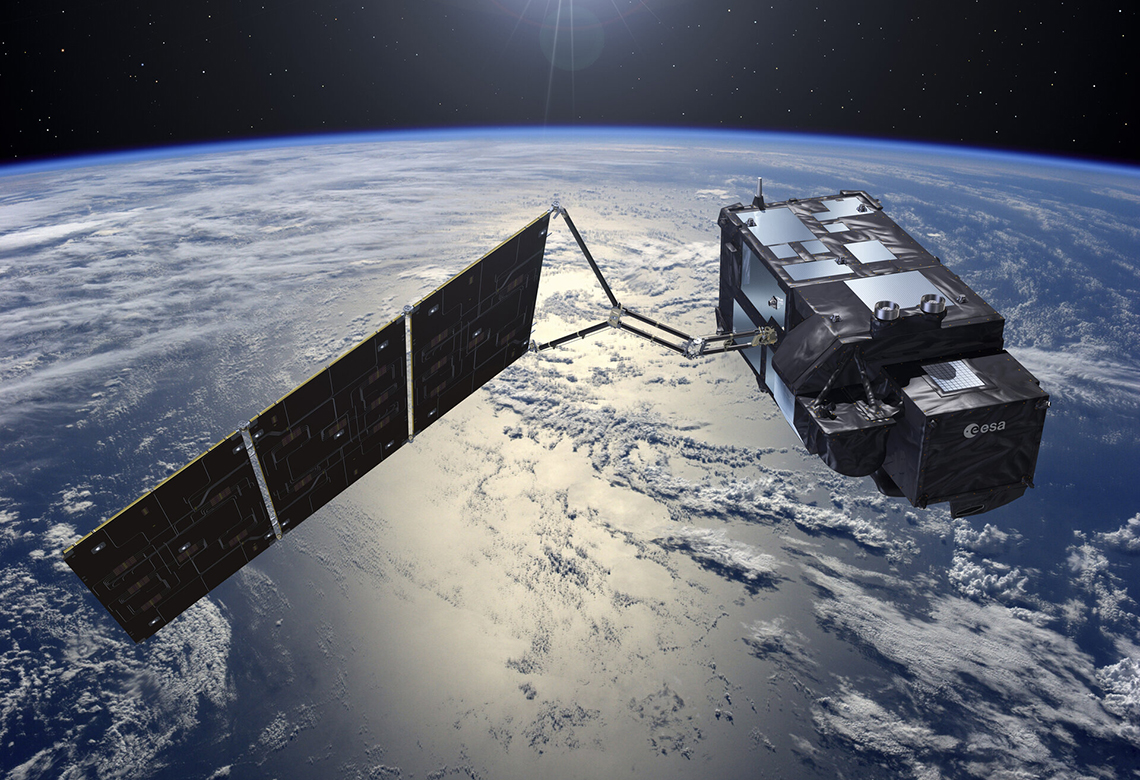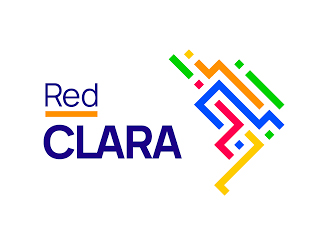As part of the new Digital Alliance between the European Union and Latin America, the Copernicus Regional Center for Earth Observation was introduced. This initiative aims to strengthen the Copernicus Data Repository developed in Chile, extending its services to all of Latin America and the Caribbean (LAC).
This milestone will enable more intensive and widespread use of the European program’s data. This information will not only be useful in overcoming global challenges but also applicable to specific needs of each country, such as environmental policy development, identification of geological risk areas, smart city design, and decision-making in emergency situations like natural disasters or humanitarian crises.
In this regard, Margrethe Vestager, the Executive Vice President of the European Commission, stated at the project launch event, “We believe that strengthening the center will have a very relevant impact on Chile and the region. The data provided by Copernicus, the world’s largest Earth observation program, can be used for specific applications with significant commercial and social value. For instance, for real-time management of coastal, mining, and agricultural resources, as well as for preventing or managing risks associated with climate change and natural disasters.”
The Regional Center also aims to provide localized regional services, using Earth observation data as well as in-situ information from LAC countries. To achieve this, the initiative will work in synergy with the Copernicus Regional Center in Panama, leveraging high-speed connectivity provided by the BELLA project and regional and national research and education networks.
“Thanks to the work carried out by RedCLARA and its national networks under the BELLA project, the research and education communities in Latin America and the Caribbean have a 100 Gbps ring, ensuring top-level connectivity so that users in Chile and across the region can access the data and applications offered by this new center quickly and securely”, stated Paola Arellano, Executive Director of REUNA.
In addition to the social and environmental benefits, the data provided by Copernicus can contribute to the economic growth of countries by developing value-added services that meet specific commercial requirements. This leads to new business opportunities, enhancing local scientific and technological innovation.
This initiative will be led by the University of Chile and is funded with four million euros from the European Union.
International collaboration
To maximize its social value in solving global challenges, the Copernicus program has placed special emphasis on international collaboration through cooperation agreements.
In 2018, the European Commission signed an agreement with the Chilean government, granting access to data generated by Sentinel satellites and the European agencies participating in Copernicus. The implementation was undertaken by the University of Chile, giving rise to the Copernicus Chile Relay, whose aim is to promote the use of data provided by the European program. It organizes training events and seminars where professionals from various fields present their experiences using spatial information, especially from Sentinel satellites.
Additionally, through an agreement between the University of Chile and the European Space Agency (ESA) in 2019, the first Copernicus Hub in Latin America was established in the country. Thanks to this initiative, data is transported directly from the central Copernicus repository in Europe to Santiago through the academic networks Géant (Europe), RedCLARA (Latin America), and REUNA (Chile), allowing Chilean users to access data with time savings of up to 90%.
For more information, go to:
- https://www.copernicus.eu/es
- https://copernicus-chile.cl/
- http://www.datoscopernicus.cl/
- https://www.bella-programme.eu/
Featured image credits: Sentinel-3. ESA–Pierre Carril.








